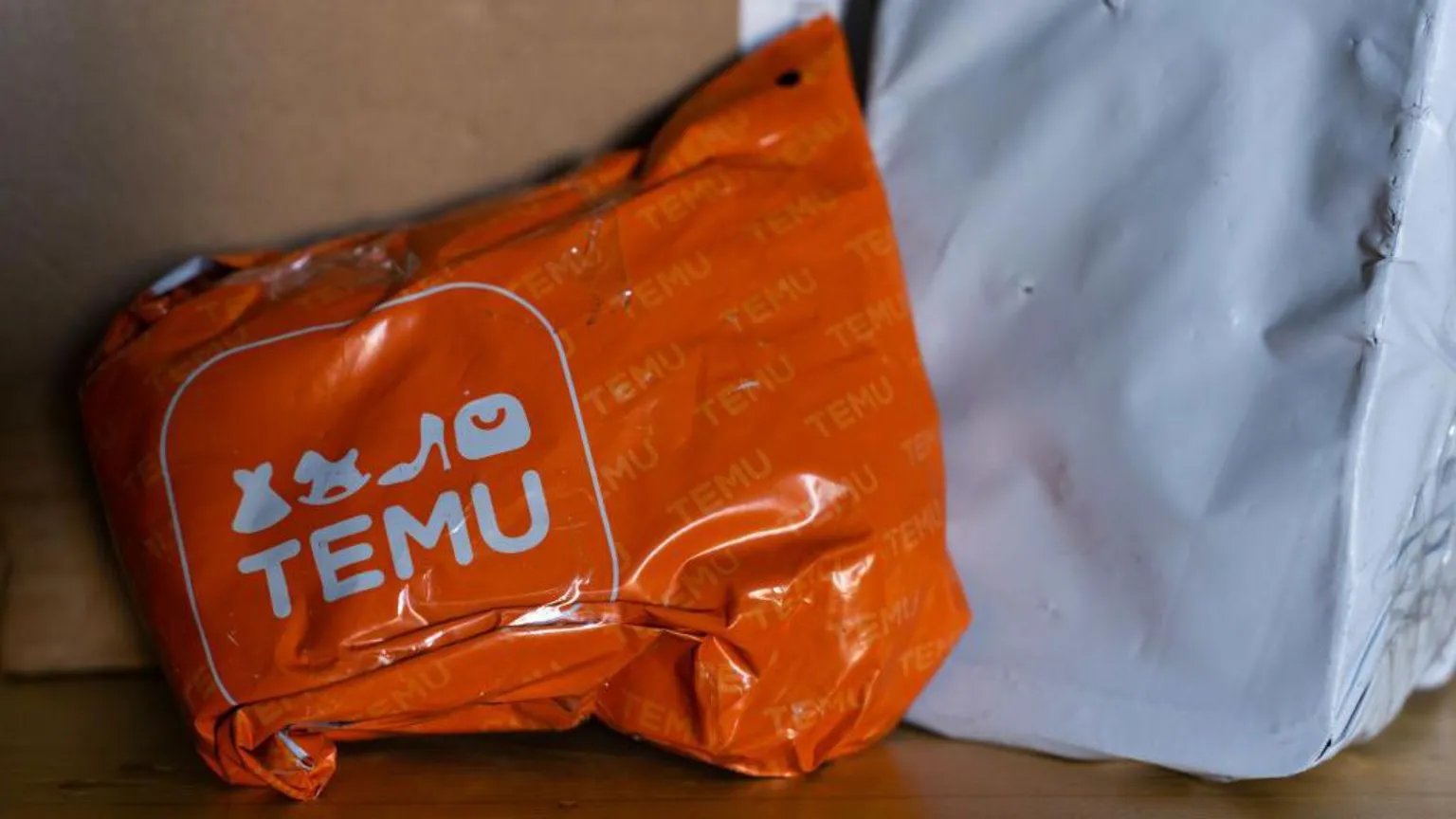Facing tightening regulations on low-value imports, online retail giant Temu halts China shipments to US customers. Instead of sending goods directly from China, the platform now relies on American-based sellers to fulfill orders domestically. This fundamental shift follows the closure of a key trade loophole that allowed Temu, and similar retailers like Shein, to avoid import duties on small packages.
Previously, the “de minimis” rule exempted items under $800 from taxes, enabling companies to offer rock-bottom prices. The volume of these shipments ballooned to over a billion annually. However, US authorities, citing abuse of the system and concerns over illegal imports such as fentanyl, have now restricted its use. The rule’s termination has left platforms like Temu scrambling to adapt their models, prompting the Temu halts China shipments strategy.
The company stated it’s been recruiting US merchants to expand its network, saying the new setup will “support local businesses and ensure smoother delivery.” But experts say this move may raise prices and affect delivery times, disrupting the low-cost, fast-shipping model that drew millions of American users.
Rising Costs and Regulatory Pressure Change the Game
Temu isn’t alone in feeling the pressure. Shein, another fast-fashion powerhouse, is also grappling with mounting import duties and changing trade rules. Both companies had warned customers about potential price hikes due to these shifts, beginning as early as April 25.
Former President Trump initially suspended the loophole in February, citing its use in drug smuggling and economic harm to US businesses. After returning to the office in January, he intensified tariffs on Chinese goods, piling on additional financial barriers. The crackdown is part of a broader push to tighten border security and prioritize American manufacturing.
While some analysts argue that the rule’s end helps level the playing field for US retailers, others warn it may overwhelm customs agencies and do little to curb drug trafficking. In fact, most synthetic opioids reportedly enter through land routes, not postal shipments.
With Temu halting China shipments, marking a clear pivot in the e-commerce landscape, consumers may start to feel the impact in their wallets and their delivery timelines.
Also, see:
Sellers Demand Regulatory Scrutiny of Temu Amid Concerns Over Fair Competition and Consumer Rights
